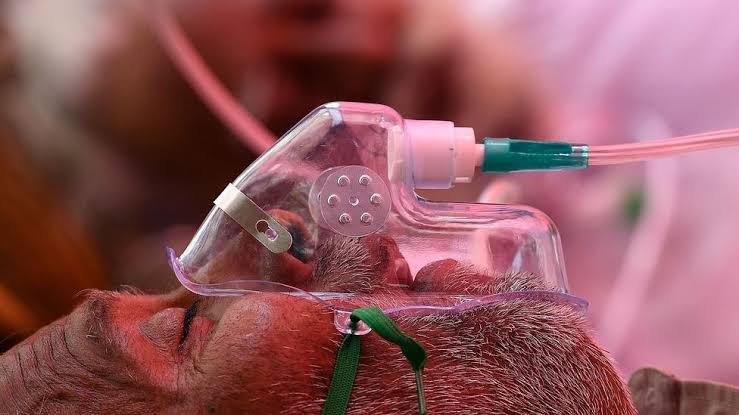Mucormycosis, widely nicknamed “Black fungus” by the media and public, is a disease caused by ubiquitously occurring mold found in decaying vegetation and soil. It leads to necrotic black tissue at the infected locations, hence the name. In the Indian setting, it was more typically encountered in uncontrolled diabetics or persons on significant immunosuppression. We have noticed the spike in cases of Mucormycosis during this COVID epidemic. We have also published such an early series of patients.
COVID19 may have an effect on the pancreas, disrupting the glycemic balance and causing prolonged periods of increased sugar levels in these patients. Mucormycosis can thus be found in COVID patients who have not been treated with steroids or other immune lowering medicines.
Mucormycosis is caused by Rhizopus oryzae, the most common fungus that causes the disease, accounting for around 70% of cases. Despite improved and extensive treatment, the death rate from black fungus sickness is more than 50%. Furthermore, in cases of widespread illness or chronic neutropenia, the fatality rate is greater. The illness necessitates immediate and vigorous medical attention; else, it may have serious or fatal consequences.
How can we get effected from Mucormycosis?
Exposure to the mucormycetes mold is the cause of black fungus. The fungus can be found in the soil, decomposing wood, a compost pile, and leaves.
You can get a black fungus infection through your skin. You can get black fungus disease if you have a cut or abrasion on your skin and come into contact with the fungus.
Another way to get this condition is to inhale mold spores, which causes pulmonary exposure. Inhalation can cause an infection in the lungs and sinuses, which can spread to the brain, eyes, and face.
However, not everyone who is exposed to these molds develops this condition. People with a weakened immune system are at a higher risk of contracting black fungus sickness.
Does It Spread Through Air?
The black fungus is not an infectious disease that spreads from animals to humans. Fungal spores can be found in a variety of environments, including the air. When these spores are inhaled, the immune system generally attacks and destroys them. Molds, on the other hand, can live and infect immunocompromised people.


